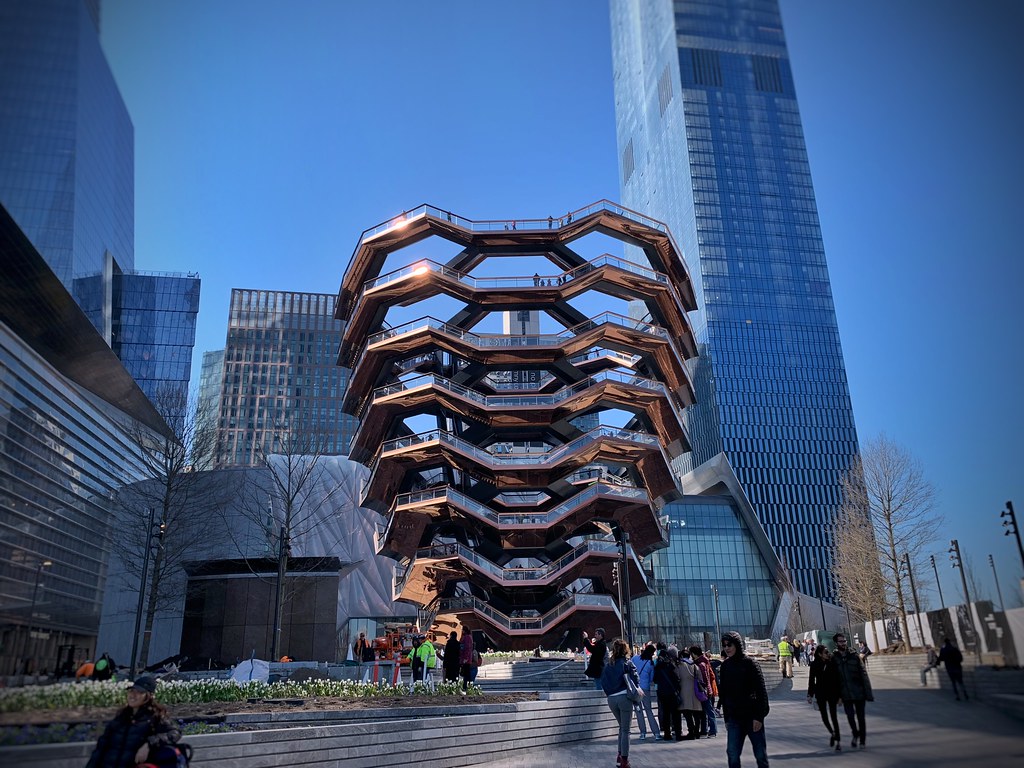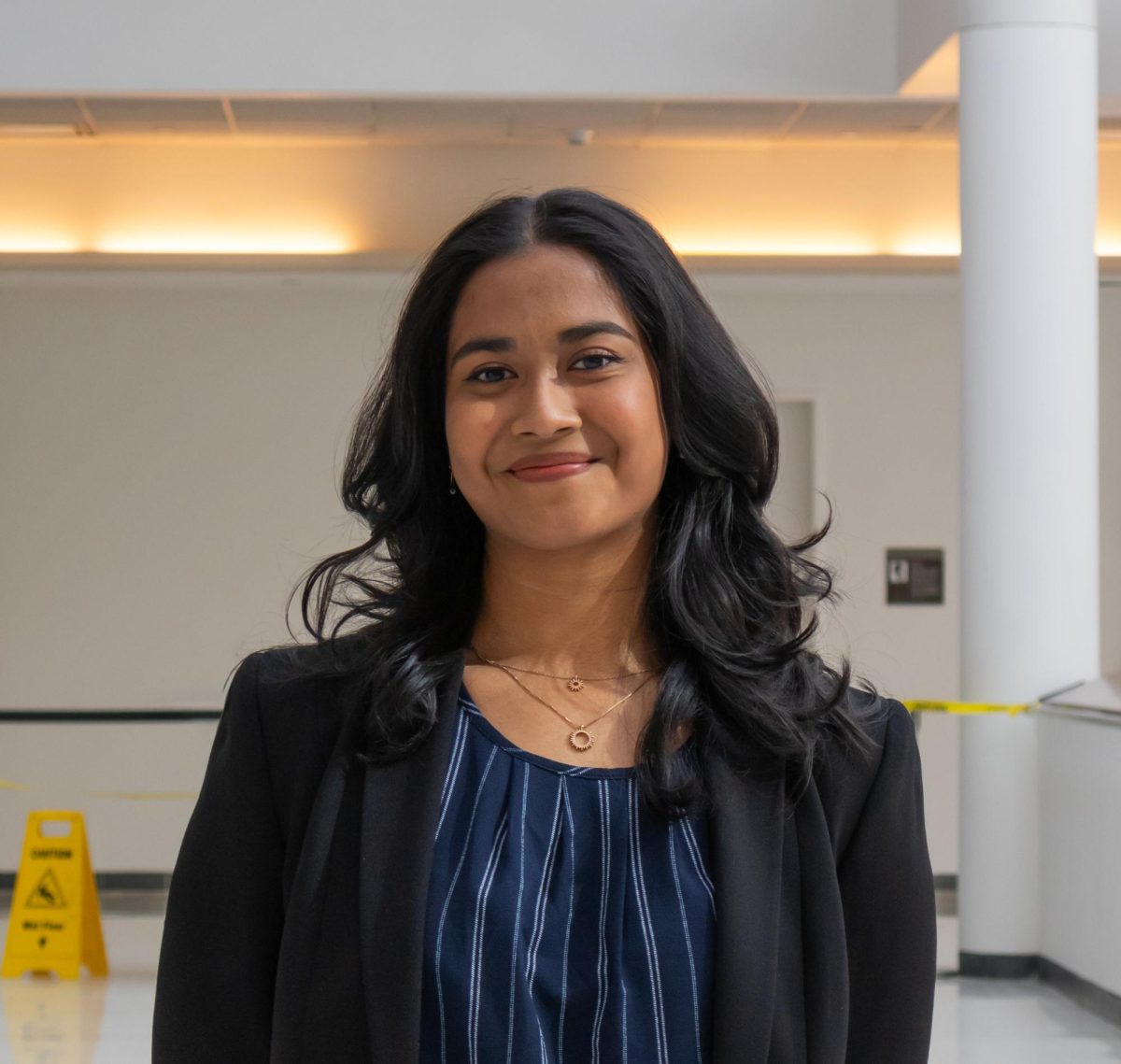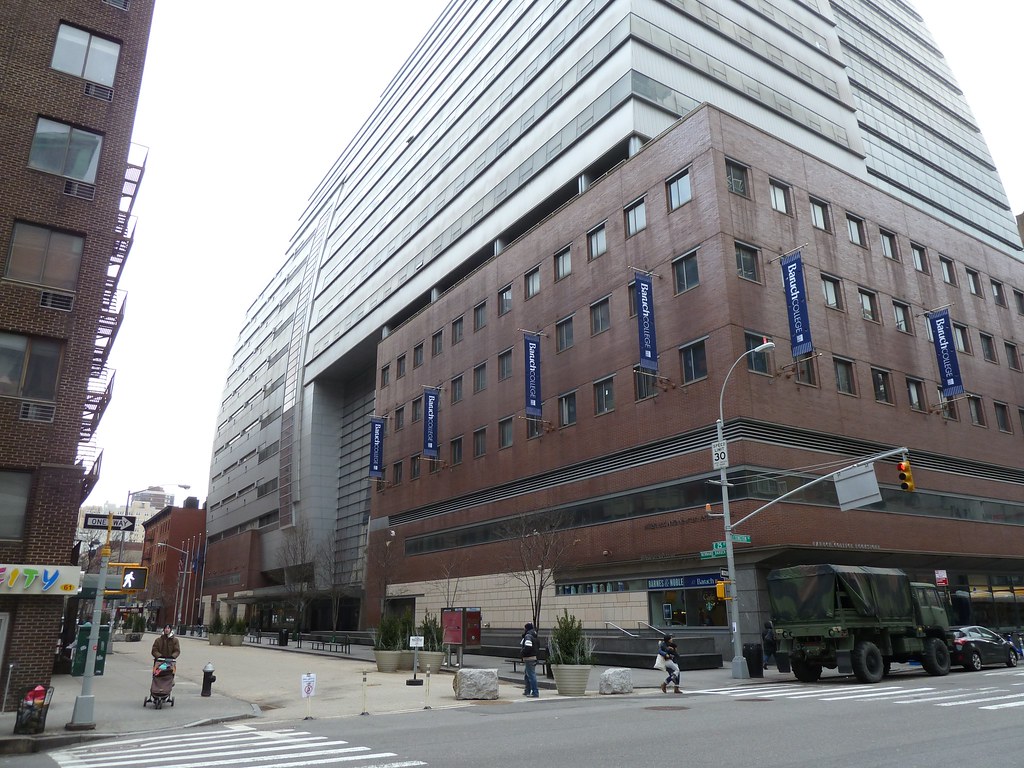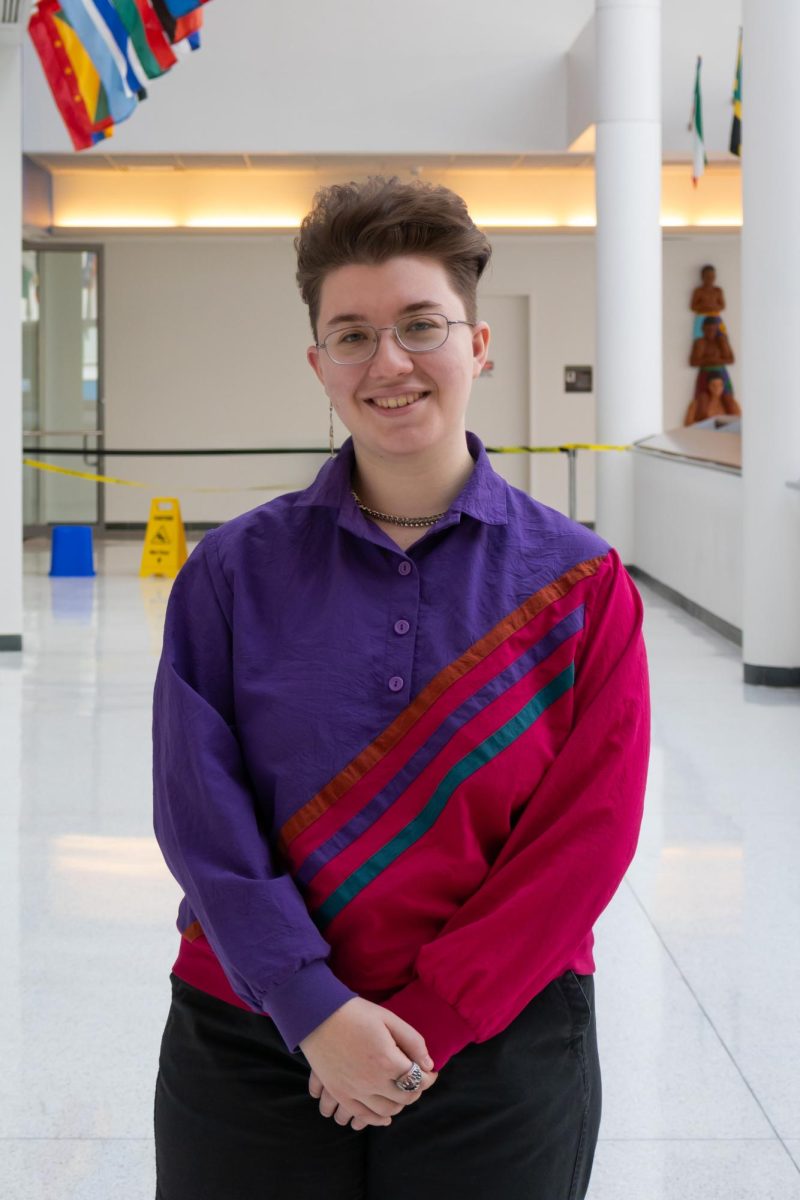Following the Supreme Court’s decision declaring that Affirmative Action in education is unconstitutional, many countered that legacy admissions are more discriminatory. The outrage is justified, considering legacy admissions only favors elitism and higher tax brackets, a practice that should have no space in education.
However, Affirmative Action favors students from underrepresented backgrounds or underfunded schools, providing opportunities that wouldn’t have been there in the first place.
Legacy admission refers to a long-standing tradition among selective colleges to favor relatives of alumni in applications. Universities claim that legacy admissions create “intergenerational communities that help grease the wheels for donations,” according to The New York Times.
The practice came under fire after the decision in Students for Fair Admissions v. UNC and Students for Fair Admission v. President and Fellows at Harvard College.
“The use of race in higher education admissions decisions—regardless of whether intended to help or to hurt—violates the Fourteenth Amendment,” The Supreme Court decision stated.
In a concurring opinion, Justice Neil Gorsuch wrote that race-conscious admissions under Affirmative Action were determinative in securing a favorable decision for African American and Hispanic applicants while white applicants were at a disadvantage.
While Affirmative Action was created as a tool to level the field for students who have been historically discriminated against, such students weren’t admitted solely based on their race. The consideration was merely supplementary to the grades, test scores and extracurriculars that made them exceptional candidates.
Dissenting, Justice Sonia Sotomayor pointed out that students of color are held back by a wide range of factors, such as lack of access to preschool educational programs, underfunding of schools, higher probability of being disciplined and more.
Such factors put them behind the starting line in the college admissions path.
“Ignoring race will not equalize a society that is racially unequal. Equality requires acknowledgment of inequality,” Sotomayor said.
As the court decides to exclude race from the admission process, they remain silent on the role of legacy.
While many colleges are cryptic about data regarding legacy admission and maintain that legacy preferences are only a small part of the process, research shows that schools have continuously boosted children of alumni.
For example, Yale University’s class of 2025 consists of 14% of legacy-affiliated students, while the overall acceptance rate is 4.6%. Similarly, a self-reported student survey at Harvard University shows 31.9% of admitted class of 2025 to be legacies with the overall admission rate as low as 3.5%.
Legacy admission may seem as what universities claim it is, a harmless attempt to create a “family.” However, the practice allows white people and rich populations to be disproportionately favored at the expense of students of color or other disadvantaged groups.
The concept of legacy admissions historically promoted elitism and supremacy of one group as the idea of favoring alumni was used as a means of maintaining Anglo-Protestant dominance on campuses while discriminating against Jewish and Catholic applicants in the 1920s.
Years later, legacy admissions are still used to reinforce privilege. According to one study, 70% of legacy applicants at Harvard are white. It also finds that an average legacy admit is weaker than an average typical admit and moreover, “a white typical applicant with a 10% chance of admission would see a fivefold increase in admissions likelihood if they were a legacy.”
Moreover, a Harvard Crimson study demonstrated that over half of the legacy admits reported family earnings ranging from $250,000-500,000, highlighting the systematic preference for higher income groups.
Some prestigious universities have opted out of legacy admission programs following the Supreme Court’s decision, such as Johns Hopkins University, Amherst College, Carnegie Mellon University and Virginia Tech.
They have decided that universities must do their part in ensuring equal access to education for students with fewer socioeconomic privileges, especially first-generation students.
Other universities, notably Yale, Cornell University, Duke University and Brown University, will continue to favor alumni connections, while consistently denying over 80% of applicants each cycle.
Maintaining a selective system under the premise of “creating an intergenerational family” fortifies years of acquired privilege and promotes exclusion based on social and economic circumstances out of students’ control.
The practice should be unwelcomed in higher education institutions which are responsible for disseminating knowledge and opportunity to students of all backgrounds. As long as legacy practices remain in use, they will perpetuate the idea that education is reserved for just elites.













